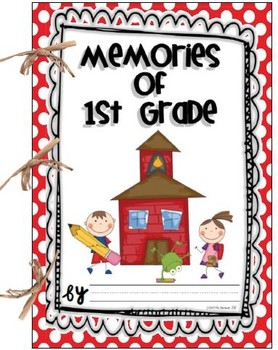
You can memorize any information, so long as that information is associated with other information that you already know. It turned out to be a little over a page and a half in a medium-size moleskine notebook, just for perspective on my gripes with the filler content.

That said, mostly for my own usage, I'm going to summarize most of the content in this book below, along with some misc. I was originally going to add "or you're a dimwit" but upon reading it I'm entirely confident that I could teach these techniques to most average seven year olds - that's literally how easy they are. I genuinely believe, after reading this twice, that if you are an average person and spend more than 2 hours practicing the things in this book and end up unable to memorize a deck of cards in order, then you are either lying about how hard you tried, or you have aphantasia. That said, this can be a pretty good thing as well, in some ways. you can "cure absentmindedness" by "linking every action you ever do to the next action you do", separate chapters for appointments/dates/birthdays/sports stats etc which all should have just been in the number-memorization section but inexplicably got their own chapters) There's also a surprising amount in here that just seems really dumb and impractical, clearly shoved in here to brag about how flexible these systems are (e.g. The book is written at around a third grade level, but includes stuff like chapters titled "Teaching your children", and the book has an extreme amount of hand-holding that made me end up flipping past several pages saying "yeah I get it, yeah I get it, yeah I get it". It's pretty strange and makes me question exactly what kind of audience the authors were writing for. 10+) ways to apply the same tools to different topics.

My main gripe with this book is that there's a breathtaking lack of information in it, and instead mostly focuses on several (i.e. The techniques they cover are the Link, Substitute Word, Major, and Peg systems, as well as some other useful applications like names/faces, playing cards, locations, etc.
NOTES FOR MEMORY BOOKS HOW TO
This is a basic primer to the easier techniques in mnemonics, and will allow you to learn a great deal about how to memorize large quantities of information, pretty much about any topic, with a little bit of creativity. But I hope the reason will become clear in this review. It almost feels unfair to give this book 4 stars instead of 5, since it's probably one of the most useful books I've ever read and easily the book I've most often gifted to others.


 0 kommentar(er)
0 kommentar(er)
